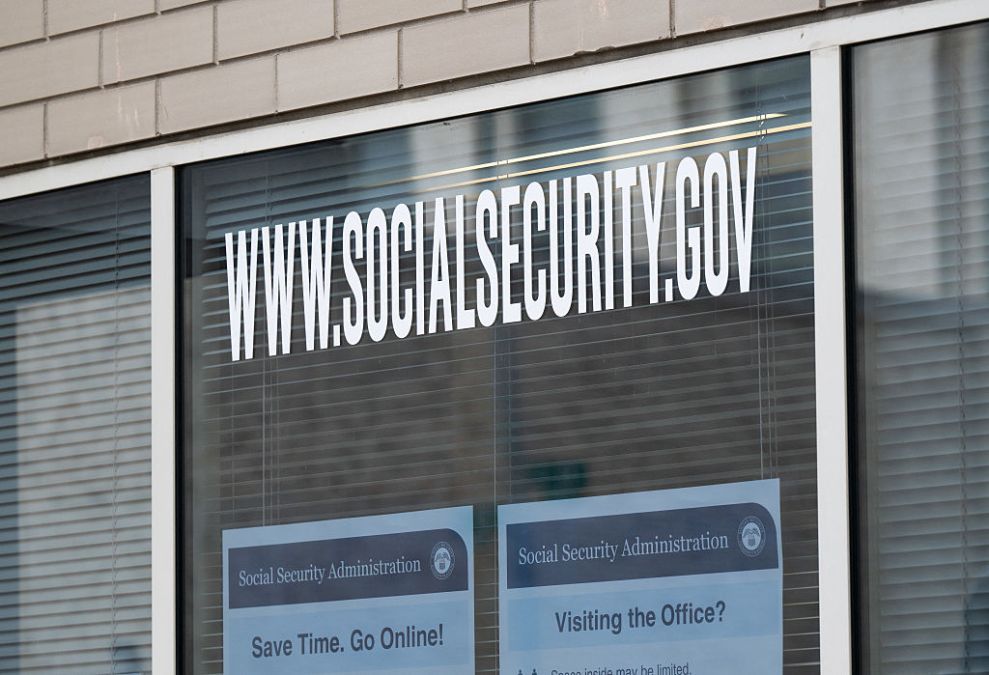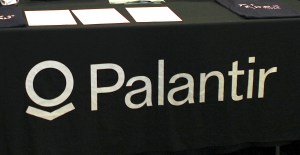Trump administration wants SCOTUS to weigh in on DOGE Social Security access

The Trump administration is turning to the Supreme Court in its quest to hand over access to sensitive Social Security Administration systems to the so-called Department of Government Efficiency.
Solicitor General John Sauer filed an emergency appeal Friday asking the high court to take the case following a federal appeals court decision Wednesday that kept in place a block on DOGE from accessing SSA systems, which house the personal data of millions of Americans.
The Trump administration asks in its filing for an immediate administrative stay of the prior ruling pending the Supreme Court’s consideration of its application.
“This emergency application presents a now-familiar theme: a district court has issued sweeping injunctive relief without legal authority to do so, in ways that inflict ongoing, irreparable harm on urgent federal priorities and stymie the Executive Branch’s functions,” Sauer wrote.
The solicitor general makes the case that DOGE’s 18-month agenda “to improve the quality and efficiency of government-wide software, network infrastructure, and information technology (IT) systems” necessitates the accessing of agency systems so that government records can be subject “to much-needed scrutiny.”
The Trump administration argues that the original district court ruling to bar associates with the Elon Musk-led group from burrowing into SSA networks contained “glaring errors,” claiming that the plaintiffs — Alliance for Retired Americans and several labor groups — lacked standing and did “not suffer any concrete injury based on which SSA employees have access to their data subject to those safeguards.”
“Respondents’ members furnished their information with the understanding that government employees could access it for a number of purposes, as those employees are permitted to do pursuant to various exceptions in the Privacy Act of 1974,” Sauer wrote.
DOGE’s forays into government IT systems across federal agencies — which one judge called “chaotic and haphazard” — have sparked substantial legal action, including cases involving the Treasury Department, the Office of Personnel Management, the Education Department and others.
Allowing unvetted DOGE representatives unfettered access to the public’s most sensitive data has appalled many cybersecurity experts, leading some to equate that access to an ongoing data breach.
The Trump administration, however, makes the case that the injunction against DOGE on entering SSA systems “imposes ever-mounting irreparable harm as the district court continues to commandeer basic functions of the Executive Branch.”
“The injunction expresses the district court’s view that the Executive Branch cannot correct well-documented problems with its technological systems and combat fraud, waste, and abuse in federal programs using the personnel the Executive Branch has deemed most suited for the task,” Sauer wrote.
Whether DOGE has actually unearthed significant — or even scant — amounts of fraud is very much in dispute. Musk’s group was dinged early in the Trump administration for posting misleading and inaccurate claims on its “wall of receipts,” while other supposed cost-savings triumphs turned out to be instances of fraud found years ago.
Elizabeth Laird, director of the Center for Democracy & Technology’s Equity in Civic Technology program, said in a statement that providing DOGE with “gratuitous access to highly sensitive personal data poses a grave threat to everyday people.”
“If DOGE gets a hold of this information, it opens the floodgates on a host of potential harms,” she continued. “It also normalizes a very dangerous practice for other federal agencies.”






